Spring 2019 Course Spotlights
Today we’d like to highlight some of the unique electives we’ll be offering in the upcoming spring semester. Read on to see what’s available!
The Science of Food and Cooking
MET ML 619 | Tuesdays 6-8:45 | Valerie Ryan
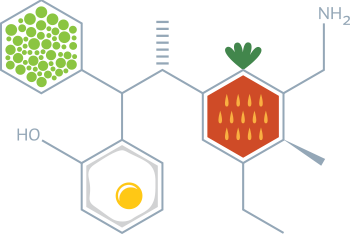
Cooking is chemistry, and it is the chemistry of food that determines the outcome of culinary undertakings. In this course, basic chemical properties of food are explored in the context of modern and traditional cooking techniques. The impact of molecular changes resulting from preparation, cooking, and storage is the focus of academic inquiry. Illustrative, culturally specific culinary techniques are explored through the lens of food science and the food processing industry. Examination of “chemistry-in- the-pan” and sensory analysis techniques will be the focus of hands-on in- class and assigned cooking labs.
Reading and Writing the Food Memoir
MET ML 615 | Mondays 6-8:45 | Dr. Karen Pepper
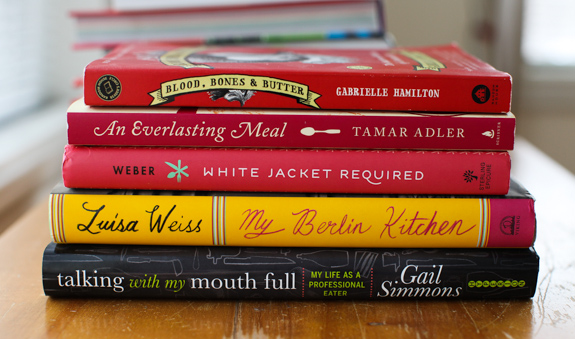
Course involves critical reading and writing and examines the food memoir as a literary genre. Students gain familiarity with food memoir, both historical and current; learn how memoir differs from other writing about food and from autobiography; learn to attend to style and voice; consider the use writers make of memory; consider how the personal (story) evokes the larger culture.
Wild and Foraged Foods
MET ML 625 | Thursdays 6-8:45 | Netta Davis
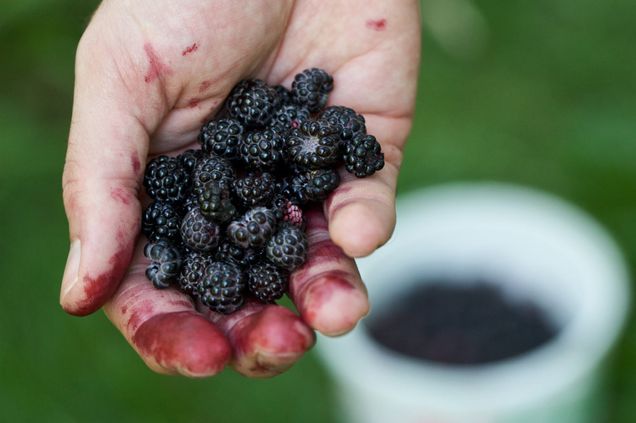
Humans have been foraging for food since prehistoric times, but the recent interest in wild and foraged foods raises interesting issues about our connection to nature amid the panorama of industrially oriented food systems. From political economy to Traditional Ecological Knowledge (TEK), this course explores how we interact with, perceive, and know our world through the procurement of food. Students take part in foraging activities and hands-on culinary labs in order to engage the senses in thinking about the connections between humans, food, and the environment.
History of Wine
MET ML 632 | Online Course | Sandy Block
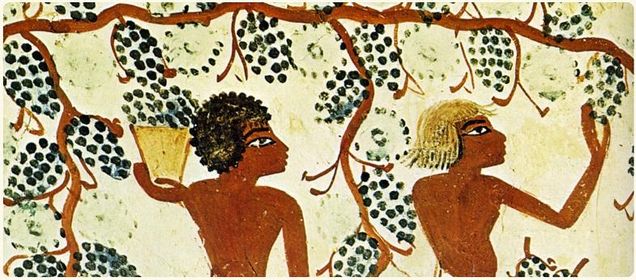
In this course we explore the long and complex role wine has played in the history of human civilization. We survey significant developments in the production, distribution, consumption and cultural uses of grape-based alcoholic beverages in the West. We study the economic impact of wine production and consumption from the ancient Near East through the Roman Empire, Europe in the Middle Ages and especially wine’s significance in the modern and contemporary world. Particular focus is on wine as a religious symbol, a symbol of status, an object of trade and a consumer beverage in the last few hundred years.
Culture and Cuisine of Italy
MET ML 636 | Blended Class | Mary Ann Esposito
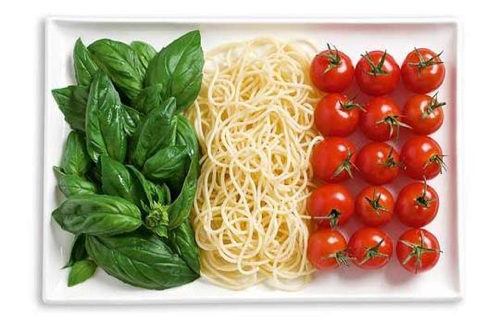
There is no such thing as Italian food. This statement is confirmed by the uniqueness and locality of the foods of Italy. This course will introduce students to regional Italian foods, taking into account geography, historical factors, social mores and language. There will be an emphasis on identifying key food ingredients of northern, central, and southern regions, and how they define these regions and are utilized in classic recipes. In addition, the goal will be to differentiate the various regional cooking styles like casalinga cooking versus alta cucina cooking.